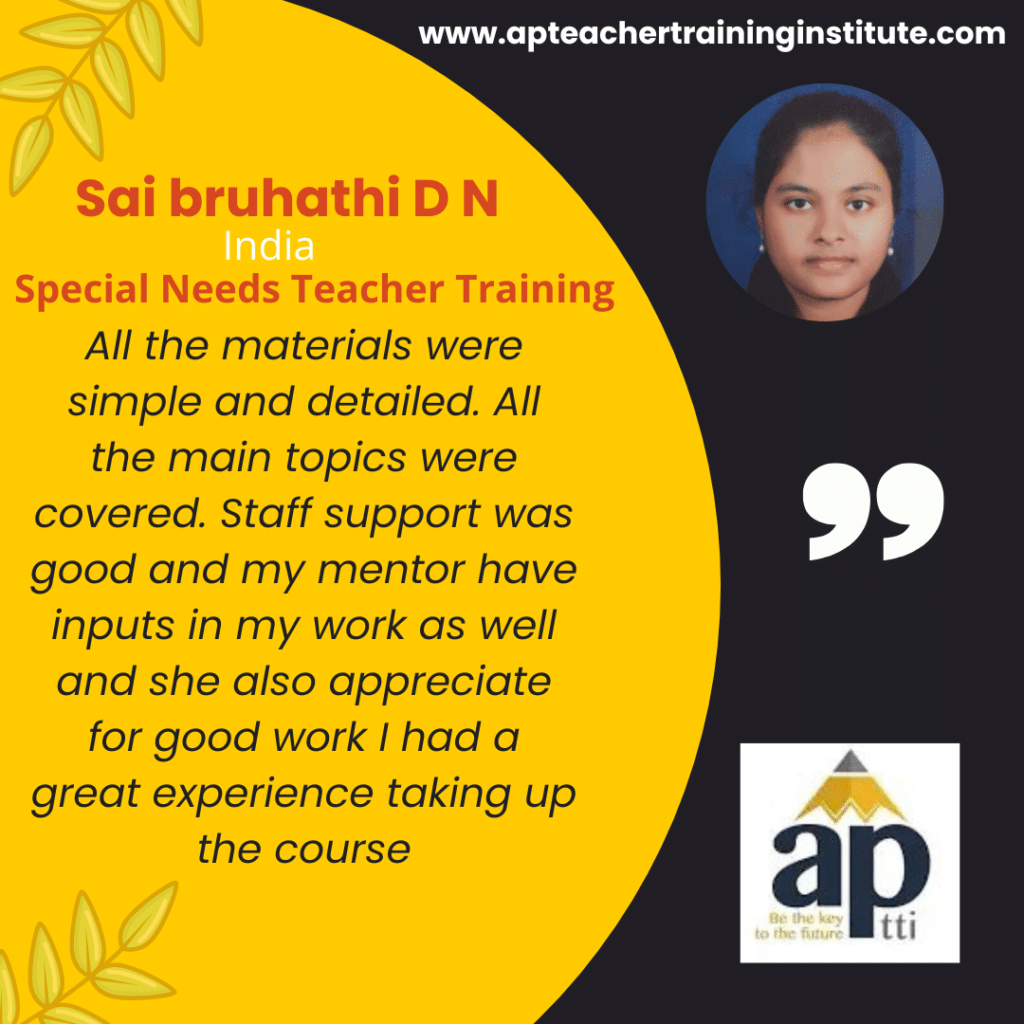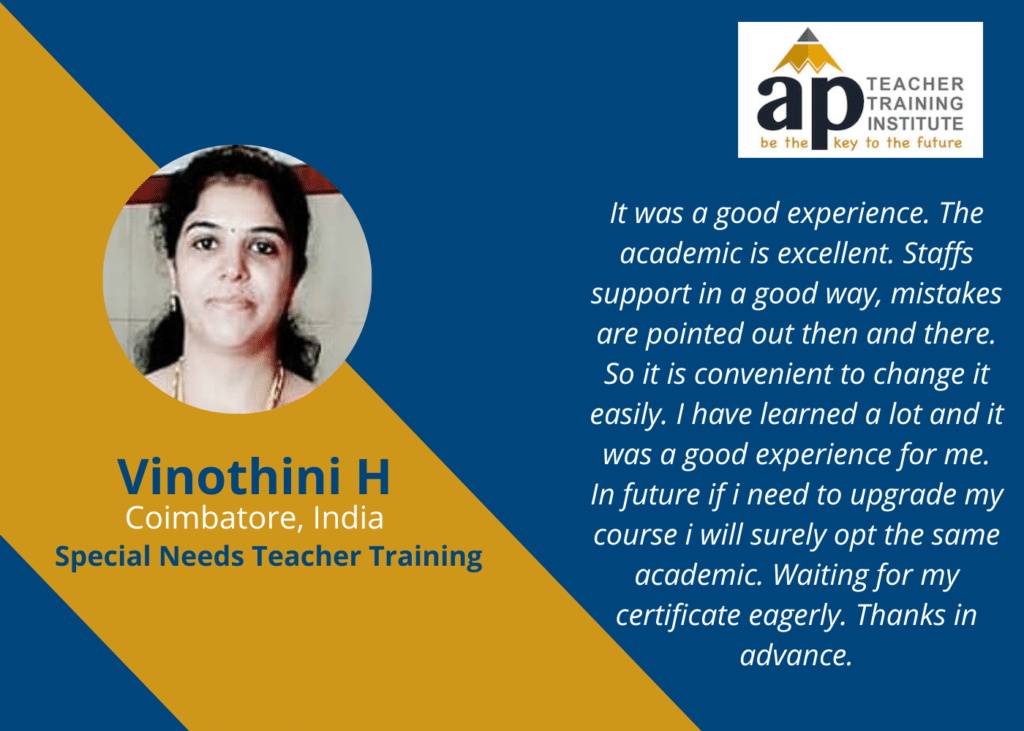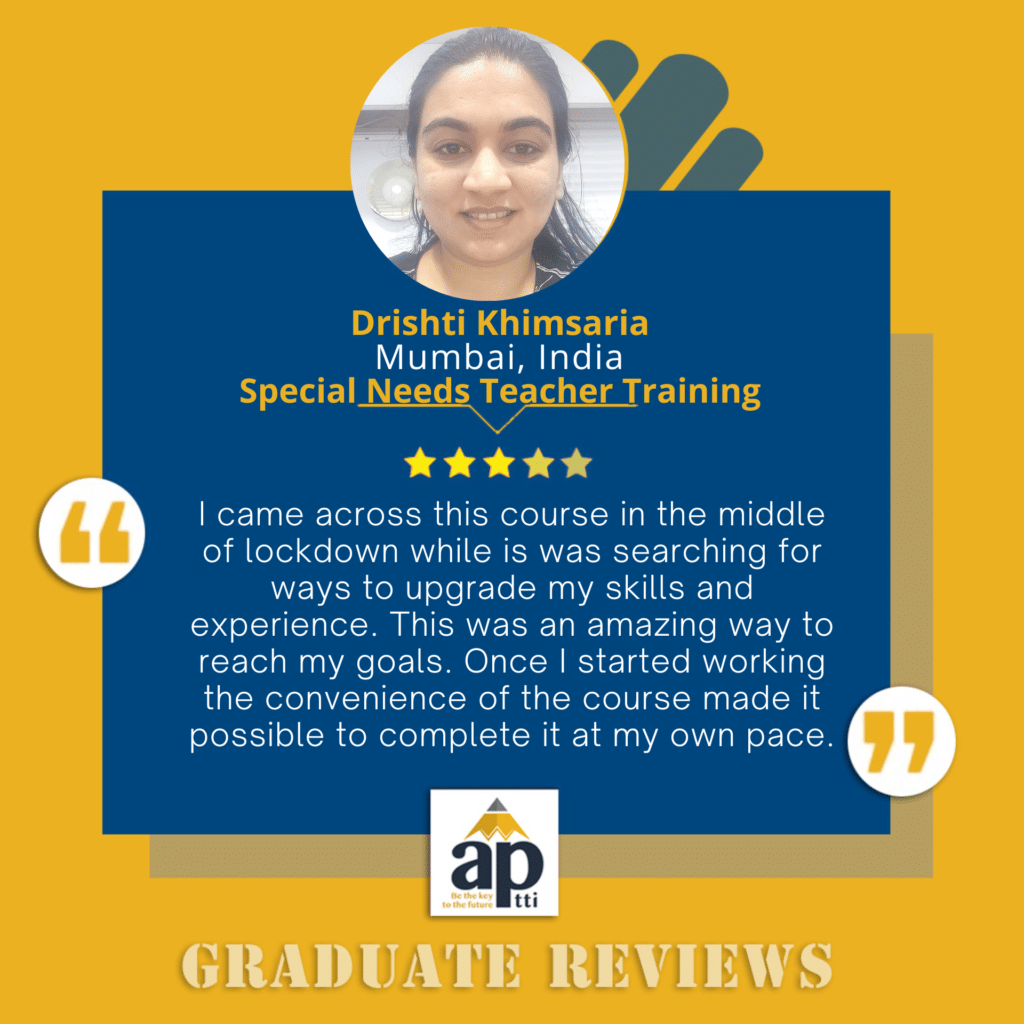Ace Your Special Ed Training: A Roadmap for Aspiring Teachers
Every child deserves the chance to learn, grow, and thrive — regardless of their abilities. A career in Special Educational Needs (SEN) is not just a profession; it’s a calling. It empowers teachers to support children with learning difficulties, disabilities, or behavioural challenges in achieving their full potential.
As the demand for skilled educators continues to grow worldwide, choosing this field has become a deeply rewarding and meaningful career path for those driven by compassion and dedication. If you’ve ever wondered how to start your journey or what type of training to pursue, this guide will walk you through each step with clarity and purpose.
What Does Special Educational Needs (SEN) Actually Mean?
The term Special Educational Needs (SEN) refers to children who require additional learning support due to developmental, emotional, physical, or intellectual challenges. These could include conditions like dyslexia, ADHD, autism spectrum disorders, or hearing impairments.
Teachers trained in special educational needs courses learn to identify these challenges early and design tailored learning plans that meet each student’s unique needs.
Why Is Special Educational Needs Training Important?
Educators trained in SEN play a vital role in promoting equity in education. They not only help children with additional learning needs but also foster an environment where diversity is respected and valued.
Here’s why completing a special educational needs degree or special educational needs online course can transform your teaching journey:
- Enhanced Understanding – Learn how to recognize and manage various learning disabilities effectively.
- Inclusive Teaching Strategies – Develop classroom techniques that support both SEN and non-SEN students.
- Career Advancement – SEN-trained teachers are in high demand across schools, NGOs, and learning centres.
- Emotional Fulfillment – Helping students overcome barriers offers a deep sense of personal and professional satisfaction.

What Are the Best Pathways to Start Your SEN Career?
If you’re aspiring to become a special educator, there are multiple routes depending on your background and career goals.
- Start with a Special Educational Needs Certificate Course
Short-term special educational needs courses are ideal for beginners. These cover the fundamentals of special education, child psychology, and inclusive teaching methods.
- Advance with a Special Educational Needs Degree
For those seeking in-depth knowledge, a special educational needs degree provides a strong theoretical and practical foundation. Graduates can pursue roles as SEN coordinators, special educators, or inclusion specialists.
- Explore Flexible Special Educational Needs Online Courses
Online training offers both convenience and flexibility, allowing educators to upskill at their own pace. Many professionals choose special educational needs online courses from reputed institutions that provide globally recognized certifications and practical learning experiences.

What Skills Do You Develop During SEN Training?
A well-structured special educational needs training program equips teachers with practical and interpersonal skills such as:
- Behaviour management and classroom control strategies
- Adaptation of curriculum materials for diverse learners
- Effective communication with parents and therapists
- Assessment and intervention planning
- Empathy and emotional intelligence in teaching
These skills enable teachers to provide a holistic educational experience that supports not just academics but emotional growth too.

How Can You Apply What You Learn in Real Classrooms?
The beauty of special educational needs training lies in its hands-on approach. You’ll learn how to:
- Modify lesson plans to suit various abilities
- Use visual aids and technology for better understanding
- Collaborate with counsellors and occupational therapists
- Track student progress using individualized education plans (IEPs)
When applied effectively, these strategies ensure that every learner — no matter their challenge — feels seen, understood, and valued.

What Career Opportunities Await After SEN Training?
Graduates of special educational needs courses can explore diverse roles across the education sector, such as:
- Special Education Teacher
- SEN Coordinator
- Learning Support Assistant
- Child Development Specialist
- Inclusive Education Consultant

Where Can You Enroll for the Best SEN Courses Online?
If you’re looking for an accredited, flexible, and affordable program, explore special educational needs online courses at Online Teacher Training Institute.
The platform offers:
✅ Self-paced learning modules
✅ Practical assignments and assessments
✅ Expert guidance from experienced educators
✅ Globally recognized certification
This makes it an excellent choice for both aspiring and experienced teachers who want to specialize in inclusive education.

Frequently Asked Questions (FAQs)
Q1: What is the main purpose of Special Educational Needs training?
A: The main goal of special educational needs training is to prepare teachers to identify, understand, and support students with diverse learning challenges, ensuring that every child receives equal access to quality education.
Q2: Can I take special educational needs courses online?
A: Yes, absolutely! Many institutes offer special educational needs online courses that allow you to learn at your own pace, access video lectures, and complete assessments remotely.
Q3: What qualifications do I need to start a special educational needs degree?
A: Typically, a high school diploma or an undergraduate degree in education or psychology is required. However, short-term special educational needs courses are open to all teaching enthusiasts.
Q4: How long does it take to complete a special educational needs training course?
A: Most special educational needs online courses can be completed within 3 to 6 months, while a full special educational needs degree may take up to 2 years.
Q5: What career growth can I expect after completing SEN training?
A: With a recognized certification or degree, you can work as a special educator, inclusion specialist, or counsellor, and even advance into leadership positions in inclusive education.

Call to Action (CTA)
Ready to start your journey toward becoming an inclusive educator?
Explore accredited special educational needs online courses today and begin empowering every learner — one classroom at a time.


